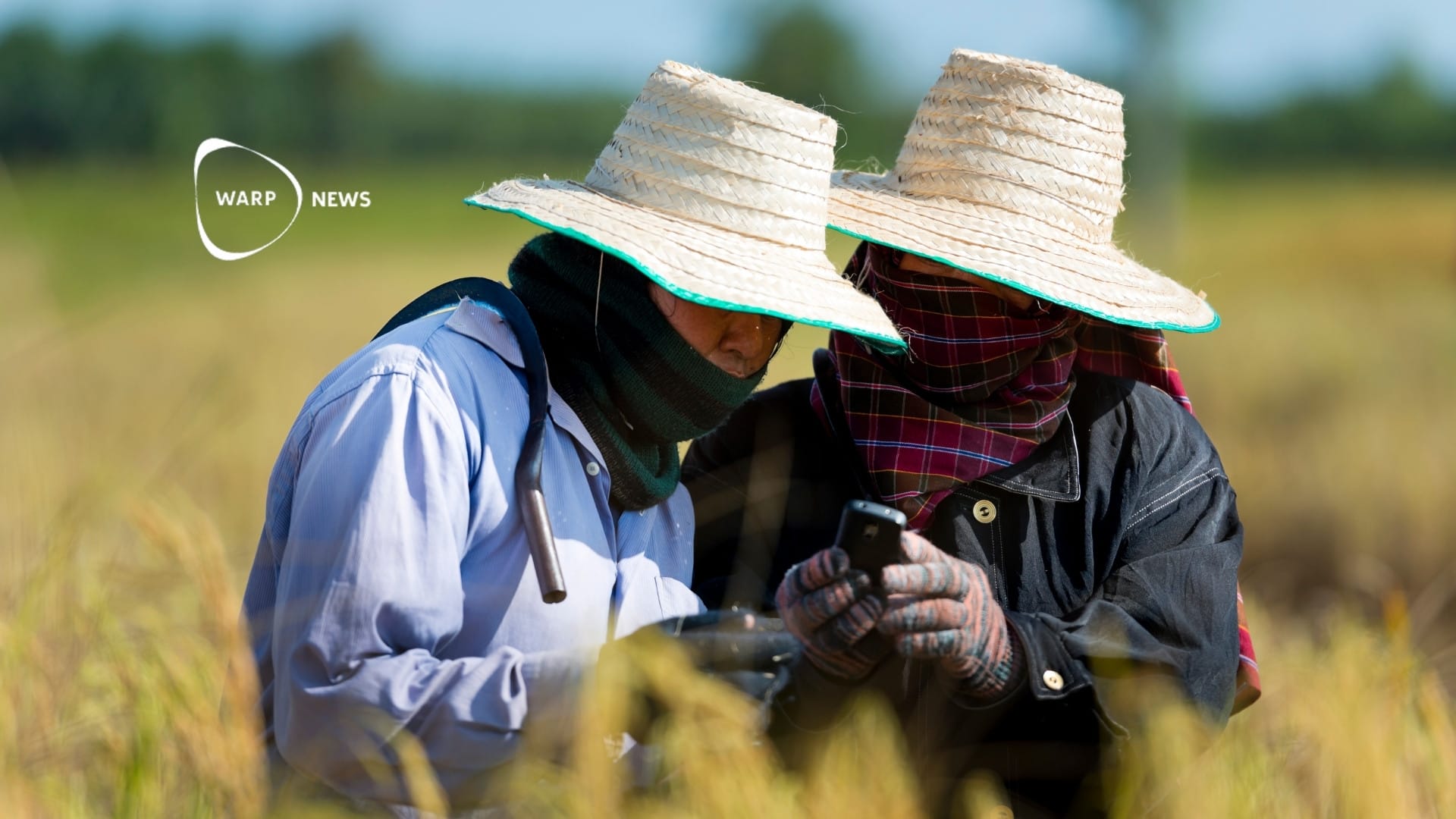
🛣 Wildlife researchers scour Costa Rica’s highways
In order to help reduce roadkill, wildlife researchers scour Costa Rica’s highways.
Share this story!
Costa Rica is one of the most biodiverse places on the planet. The country is home to approximately half a million animal and plant species. With that said, it’s also home to the highest density of roads in Central America covering more than 27 500 miles (44 316 kilometers). Oftentimes these highways and roads fragment natural habitats, making them a huge risk to wildlife.
Sadly, at least 461 wild cats have died on Costa Rica’s roads during the past ten years.
Panthera’s Wild Cats Friendly Road Project in Costa Rica is an initiative coordinated by wildlife researcher Daniela Araya-Gamboa, working towards reducing the number of road kills across the country.
Araya-Gamboa wants to save the wild cat's life by lowering the threats to their survival. Together with her team, she tries to track the areas where wildlife can’t navigate the roads. This is done by the team walking along the highways in safety gear and reflective west during early mornings and late evenings.
“We survey the road by car at points when roadways reach a speed limit of 30 kilometers per hour. When the roads are dangerous, road police officers guard us, mostly at night as we also conduct monitoring in the evenings,” Araya-Gamboa told Treehugger.
“Upon seeing injured or deceased wildlife, we either help them cross roadways safely or move the wildlife corpse from the road. Finding wild animals still alive and suffering is extremely difficult.”
So what happens when the team comes across an animal? Well, first they take note of all the details like for example what species the animal is, GPS location of where the animal was found, what kind of land use is next to the road and they also take photographs of the scene. After that, Araya-Gamboa’s team shares their findings so that mitigation measures can be implemented in the areas that are a threat to wildlife. Measures can include retrofitting culverts, creating road underpasses or even implementing arboreal wildlife crossings.
“We cannot continue to count the dead; action to mitigate this issue must be taken. That is the objective of this project: conservation action,” asserted Araya-Gamboa.
“Throughout the country, we still very much need to ensure the implementation of wildlife protection measures on existing roads, including on rural roads neighboring Protected Areas,” Araya-Gamboa added. “To this day, the country still lacks official and specific legislation requiring the implementation of environmental measures on existing roads for wildlife.”
Picture: MyTravelCurator/shutterstock.com via Optimist Edge
By becoming a premium supporter, you help in the creation and sharing of fact-based optimistic news all over the world.


